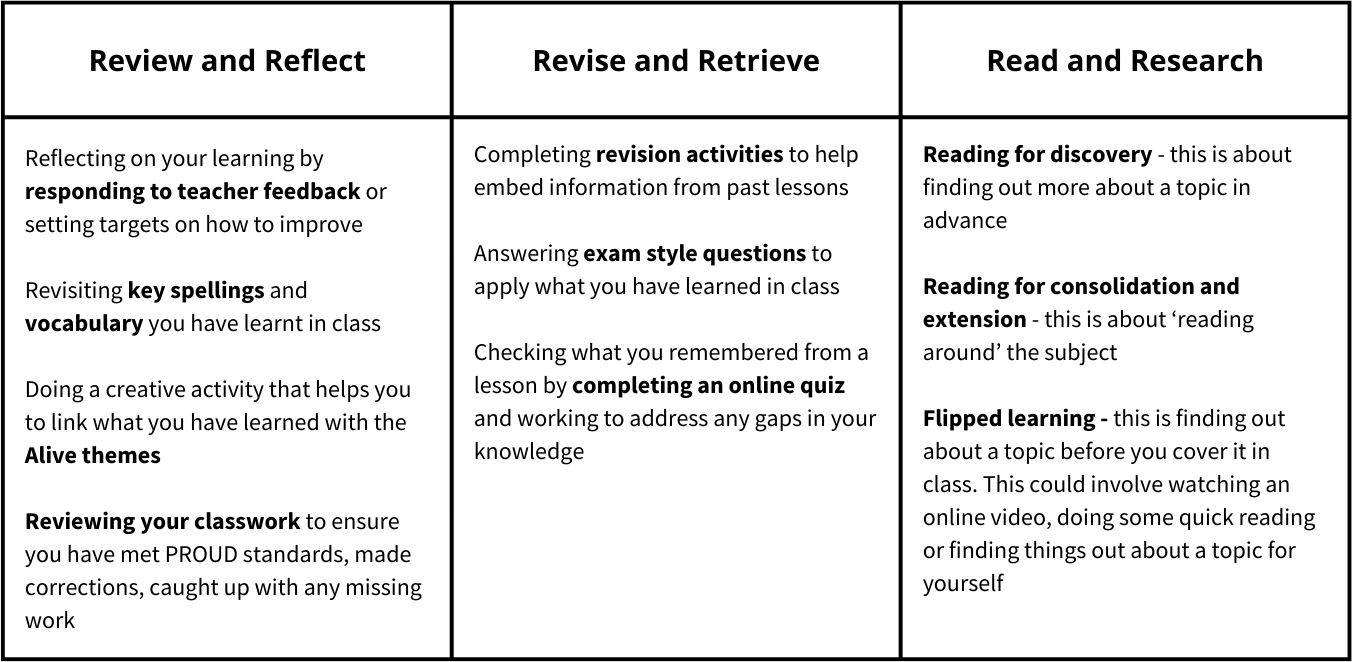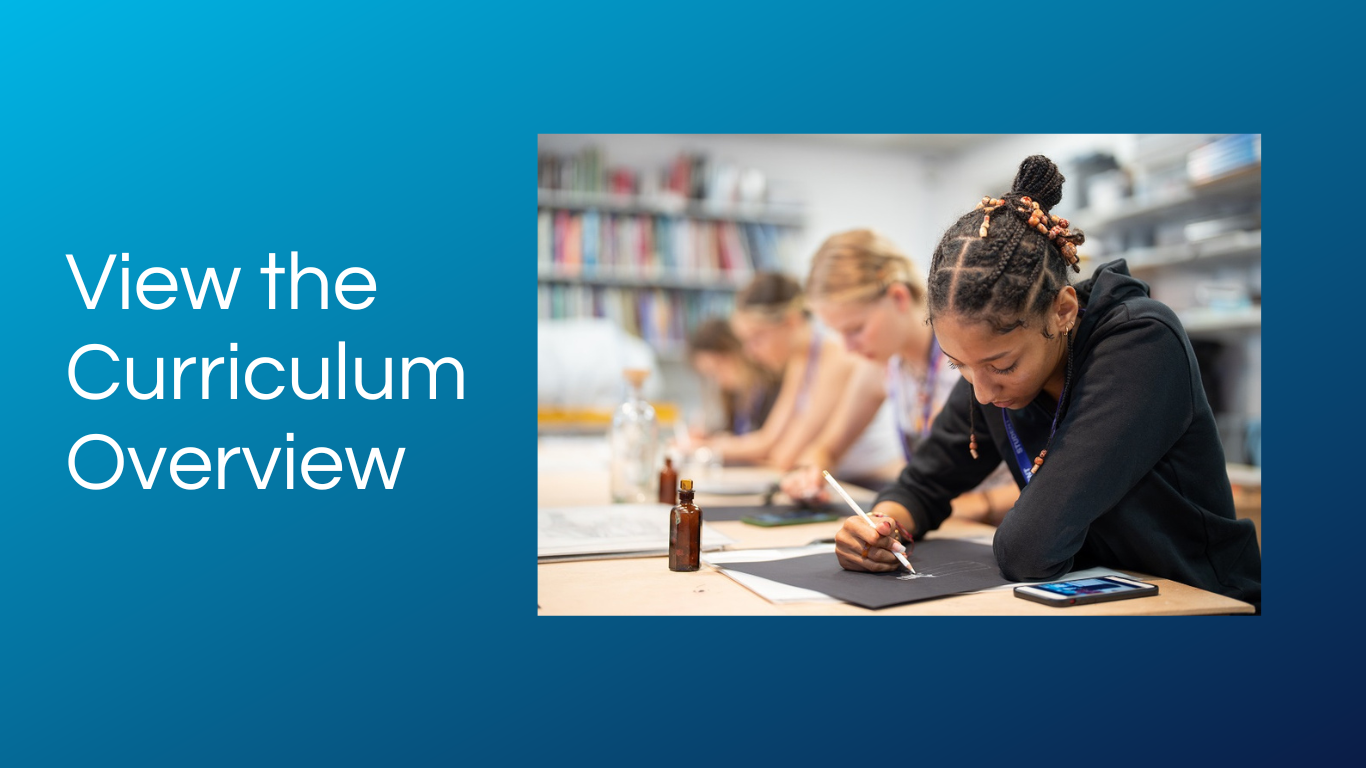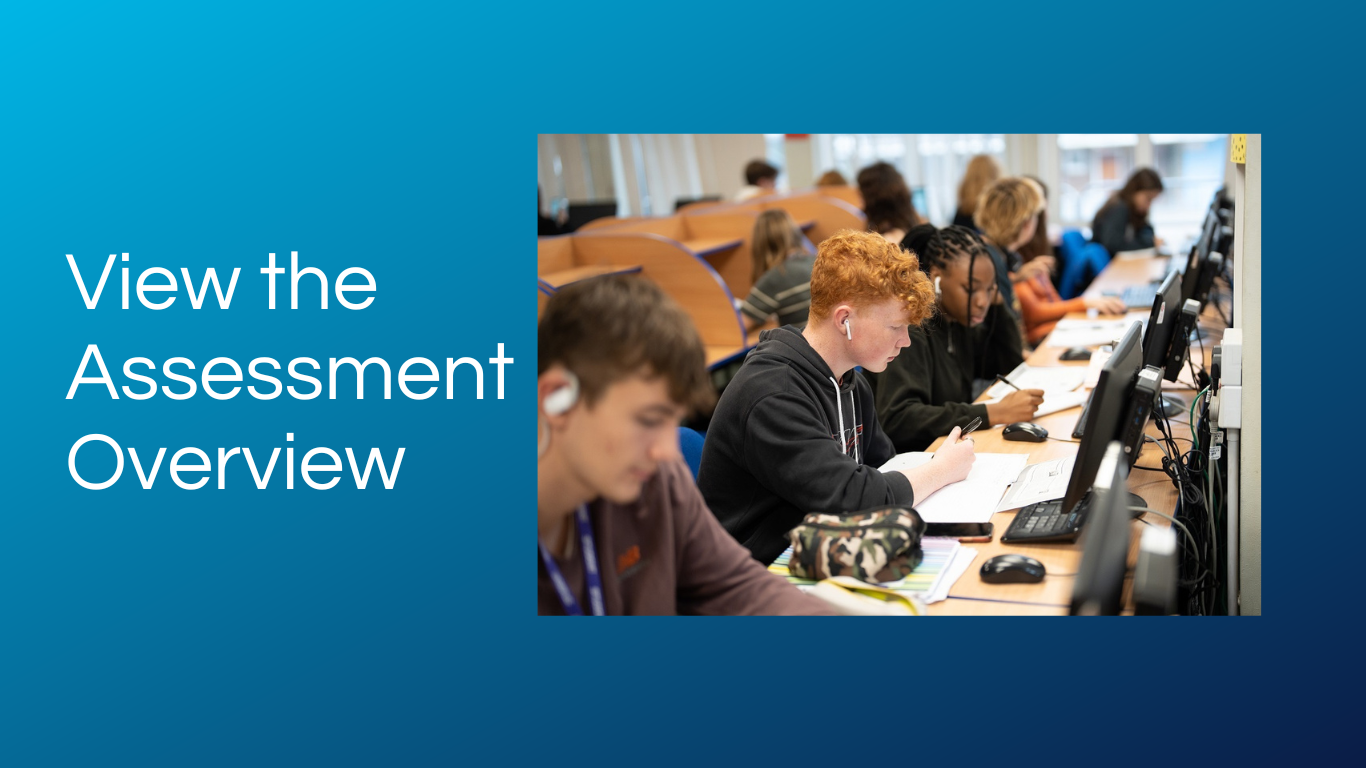Photography Key Stage 5
Vision
Engaging students to become visually literate independent lifelong learners. To enable them to seek, make, and explore the habits of creativity by understanding the visual senses, thoughts, and actions of the world around us through the disciplines of art.
Curriculum Overview
The Art & Photography Department is a dynamic part of the school that offers excellent teaching and specialist knowledge. We aim to provide a structured, cumulative, forward-looking curriculum for all our students KS4, drawing on the specialisms of the staff within the department. We aim to nurture students’ creativity, technical and problem-solving skills, building on their knowledge from KS3 in the context of the thematic units of work. We teach heuristically and continuously reflect and evolve our practise to respond to the fluctuations and changes within each year in response to our ever-changing world.
Photography makes a vital contribution to student's education in:
- developing students as independent and lifelong learners
- developing the ability for creative thought and action through Habits of Mind
- the education of feeling and sensibility
- the exploration of Alive and British values
- the understanding of cultural change and differences
- developing physical and perceptual skills
- developing spiritual, moral and aesthetic awareness
In our teaching we aim to promote an atmosphere of purposeful study, which will enable each student to develop to their fullest potential. The Art and Photography department has a long tradition of quality and expertise. We wish to build on this and to continue to provide a department known for its excellence and innovation.
Sequencing, Setting and Support
Photography A level builds up on the foundational skills and knowledge acquired during key stage 4.
Through developing techniques where students delve deeper and begin to master more advanced thinking, narratives and experimental methods in various mediums, their learning will become more challenged, encouraging students to think more critically about the purpose and meaning of work through conceptual understandings. It allows students to begin to specialise in genres applied with their chosen skill sets and personal interests, expanding on research skills, emphasising the importance through a more academic approach. Learning will encompass a greater focus on contextual studies through historical, social and cultural context of art. Student's learning leads to greater independence that requires more self-directed learning and project management enabling students to become more independent.
At KS5, Photography is taught over 9 lessons a fortnight. Teaching groups are mixed ability and lessons are split between 2 teachers. Over the course, students focus on the following 3 units:
Unit 1: Personal Creative Inquiry in line with the WJEC/EDUQAS
Unit 2: Personal Investigation
Unit 3: Externally Set Assignment (Exam Paper)
The school and department are aware of the different strengths and areas for stretch that need to be cared for through personalised adapted resources and scaffolded work. Extra sessions are provided during lunch and after-school and opportunities for both Saturday sessions and studio time during the holidays are built into the curriculum to support different needs. Within our department practice, we build on retrieval practices in smaller chunks and work closely with learning support to ensure all aspects and access is covered.
Alive Themes in Photography
Photography at SMRT celebrates the vibrant essence of being fully ‘Alive’. Through our curriculum we nurture our innate creativity, fostering resilience and forgiveness. Photography instils the value of organisation and interdependence in the process of making and exploring disciplinary knowledge. The photographers and art movements we explore teach us to embrace the diversity and choice we are presented with. Through art, we explore concepts of justice, trust and truth through conceptual and contemporary artists, fostering a deep appreciation for ourselves and others. Photography empowers us to review, question, research and contribute as a method and habit of learning, thus enriching our educational journey.
Assessment in Photography
Formative assessment for each lesson is assessment for learning which takes place within the classroom between student and teacher to assess the progression of practical knowledge. This dialogue is important as it creates feedback that can focus on immediate changes for the students to make during the lesson. Students will have tutorials once over the 2-week cycle. This allows the teacher to modify and refine student targets. Summative assessment is completed accordingly with the whole school assessment schedule. Students will be measured on how they have achieved based on the assessment objectives.
Y12 2023-2025 : WJEQ / EDUQAS exam board information can be found here: https://www.eduqas.co.uk/umbraco/surface/blobstorage/download?nodeId=10969
Y13 2023-24 : AQA exam board information can be found here:
https://www.aqa.org.uk/subjects/art-and-design/as-and-a-level:
AO1 - Develop ideas through sustained and focused investigations informed by contextual and other sources
AO2 – Explore and select appropriate resources, media, materials, techniques and processes, reviewing and refining ideas as work develops.
AO3 – Record ideas, observations and insights relevant to intentions, reflecting critically on work and progress.
AO4 – Present a personal and meaningful response that realises intentions and, where appropriate, makes connections between visual elements.
Homework and how Parents/Carers Support Learning
All homework is set on Bromcom which is an app and website available to students and parents/carers. Further information is available on our Bromcom parents and carers support page.
These are the principles which underpin our homework.

Homework is an integral part of all projects. Students are expected to complete their work in their sketchbook or on resources given in the lessons. Homework is set on Bromcom or through the online tasks also set on Bromcom. Homework is often a continuation of lesson tasks (sketchbook / portfolio work). Homework supports the progress students make between lessons and students are expected to invest an hour of homework for each lesson per week to ensure they are up-to-date and consistently developing their skill sets and practical discipline of drawing. Homework tasks are set by both teachers. Students are expected to be organised and remember to bring in their books between home and school for each lesson.
Excellent ways to support your child are simply by taking an interest in looking at their work and being a part of the journey and process through discussion. Providing some basic materials for homework at KS5 helps to maintain a continuum between school and home. Helpful resources are: Graded pencils, rubber, biro, felt tip, glue, scissors, small cheap watercolours, paintbrushes, acrylic paints, oil paints, collage materials, a space to work at home.




